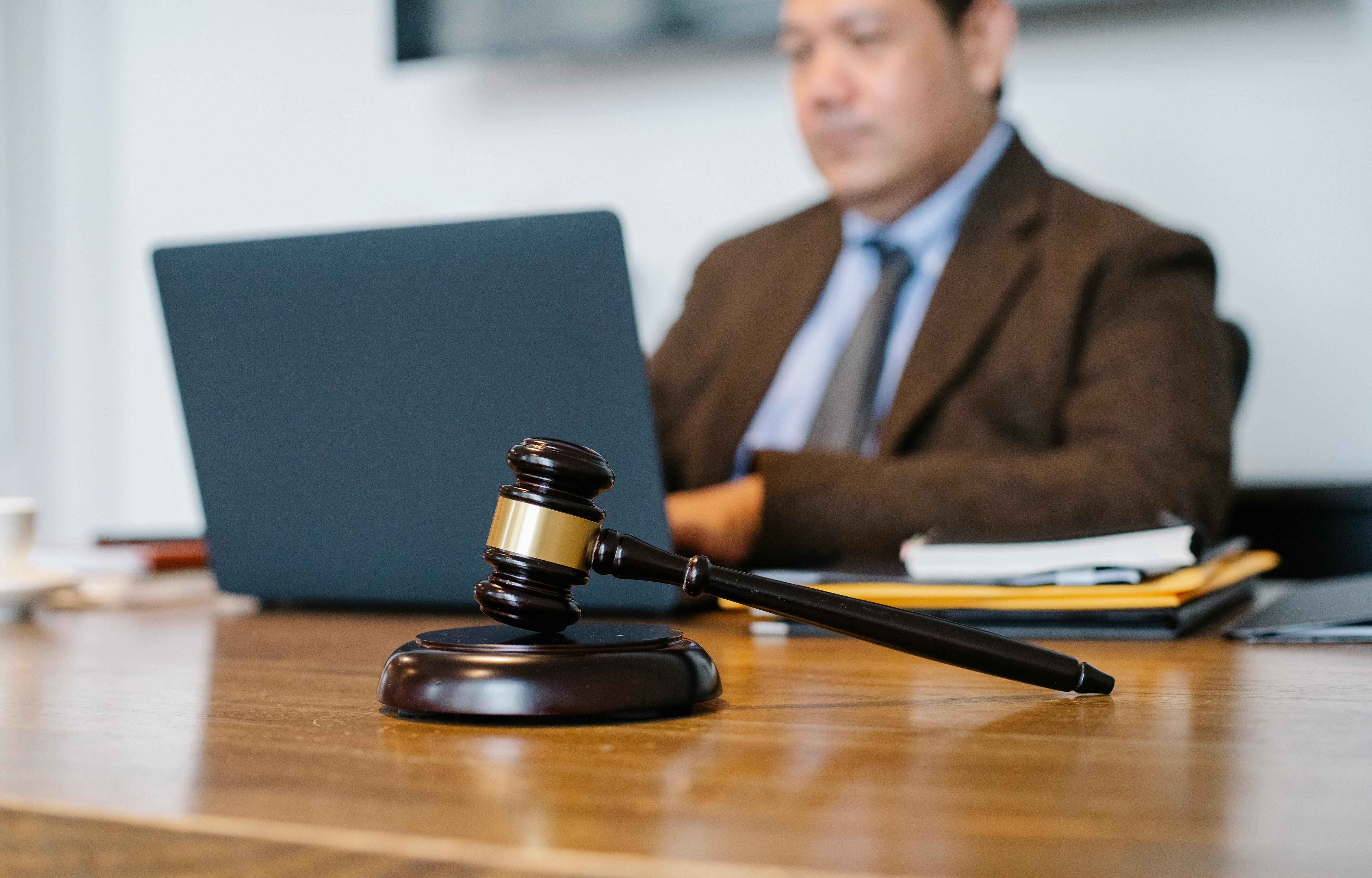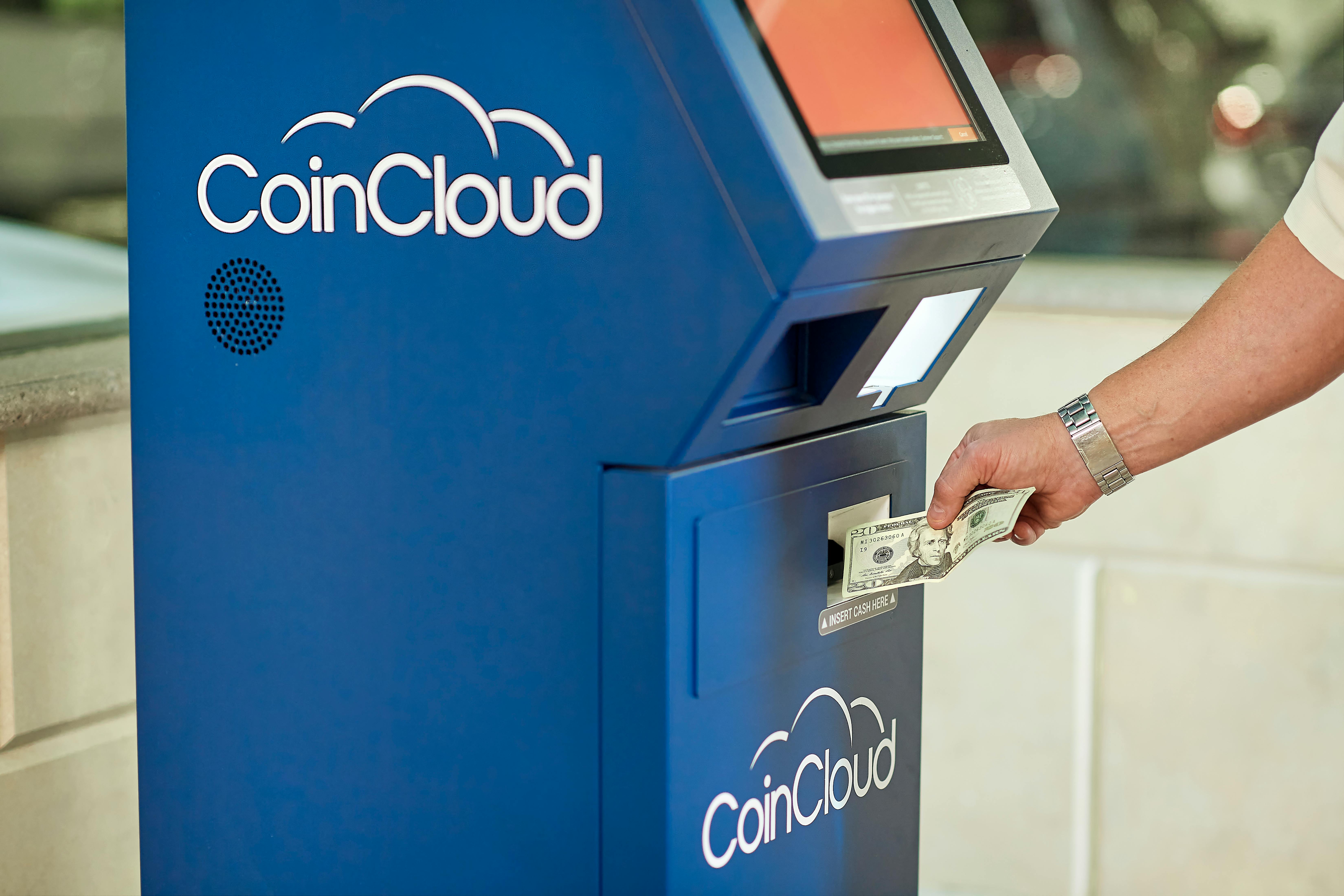How To Manage Digital Assets After Death: Complete Guide
Your clients are asking about password or cryptocurrency. They're wondering what happens to their photo libraries. They're concerned about their online businesses. And if they're not asking yet, they should be.
Digital assets have moved from niche concern to core estate planning practice. Organizations like STEP have confirmed what you've probably noticed: clients now hold significant wealth in purely digital form, and executors regularly struggle to access it when the time comes.
The good news? You can turn this challenge into a competitive advantage—with the right approach and tools.
What Your Clients Actually Own (And What They Don't)
When clients talk about their "digital assets," they often don't realize the legal distinction between what they own and what they merely license.
True Digital Property: Your clients genuinely own certain digital assets:
- Cryptocurrency and NFTs
- Domain names generating revenue
- Copyright in their creative works (lasts 70 years after death)
- Online business assets and websites
- Creator royalties from platforms like YouTube or Spotify
- Online account balances
- Sentimental items (photos, videos etc)
Licensed Content: Most "media libraries" are actually licenses that end at death:
- iTunes music collections
- Kindle books
- Streaming service access
- Downloaded games and apps
This distinction matters enormously for estate planning. You need to manage client expectations early: that £3,000 Steam library they've built over 15 years? It can't be inherited. Their Kindle books? Same situation.
The Two Problems Your Clients or their Administrators Face
The Access Problem: Major platforms won't simply let executors access accounts. Many of then don't have post-death access processes. And those that do often require formal death verification, grants of probate (in the state of the platform - usually California), and platform-specific forms. Timelines run to years, without guarantee. Your clients' executors will need:
- Death certificates
- Grants of probate
- Platform-specific authorization forms
- Patience for bureaucratic processes
The Discovery Problem: How will executors even know what accounts exist? Your clients rarely have comprehensive records of their digital footprint. Without proper documentation, executors waste weeks trying to piece together what accounts existed and how to access them.
This is where traditional estate planning leaves a significant gap—and where you can add immediate value.
Building Your Digital Assets Practice
Start with the Client Conversation
These talking points resonate with clients:
"Your digital life probably holds more value than you realize. Between your photo libraries, cryptocurrency holdings, online business assets, and creator income streams, we need to plan for these just like your physical property."
"Cryptocurrency requires special handling. If you lose the recovery phrase, the assets are gone forever. We need to secure those keys as carefully as physical cash."
The Documentation Challenge (And Solution)
Traditional approaches have relied on clients maintaining their own spreadsheets or written lists. The problems are obvious:
- Clients forget to update them
- Information gets outdated quickly
- There's no prompting for the platform-specific tools
- No verification workflow for when death occurs
- No compliance framework for data protection
Modern digital vault platforms solve these problems elegantly. Purpose-built solutions for law firms like BePrepared (BePreparedApp.com) provide:
White-label branding - The platform appears as your firm's service, maintaining your client relationship rather than directing them to third-party consumer tools.
Guided inventory processes - Instead of handing clients a blank spreadsheet, the platform walks them through systematically documenting and storing their digital footprint by category.
Platform integration prompts - The system reminds clients to actually set up Google IAM, Apple Digital Legacy, and other provider tools where possible.
Death-verification workflows - When the time comes, executors initiate a documented, compliant process to gain access rather than searching through desk drawers.
Compliance infrastructure - Built-in data protection safeguards, audit trails, and professional standards that consumer platforms simply don't provide.
Three New Revenue Streams
Digital asset planning creates recurring income, not just one-off will drafting:
- Initial setup fees - Comprehensive digital asset planning justifies premium pricing because you're providing genuine value beyond basic will writing.
- Annual vault maintenance - Recurring fees for the secure digital vault service, with annual review prompts that create natural touchpoints for broader estate planning updates.
- Estate administration - When clients pass away, your firm is the obvious choice to administer their estate because you already have the digital asset documentation and vault access protocols in place.
This transforms estate planning economics from transactional work to ongoing client relationships.
Cryptocurrency: Where the Stakes Are Highest
Your clients who hold cryptocurrency need to understand one critical point: if the private keys or recovery phrases are lost, the assets are gone forever. No court order can recreate them. No customer service line can help.
Your Planning Checklist for Crypto Clients
Distinguish custody types:
- Self-custodied holdings (they hold the keys)
- Exchange-held holdings (platform holds them)
The recovery process differs completely.
Secure the critical items:
- Hardware wallets and cables
- Device passcodes
- Two-factor authentication devices
- Seed phrases (never email these)
- Recovery phrase backup methods
Document for tax purposes:
- Cryptocurrency is property for inheritance tax
- You'll need date-of-death valuations
- Keep contemporaneous price evidence
Store everything properly: Seed phrases deserve the same security as cash. A professional digital vault with encryption and verified access protocols protects these better than Post-it notes in desk drawers.
What Your Clients Need to Do Now
Here's the practical workflow you should guide every client through:
1. Create the Inventory
Map their digital footprint across categories:
- Financial accounts (crypto, banking apps, brokerage accounts)
- Media libraries (with realistic expectations about transferability)
- Communication accounts (email, cloud storage, social media)
- Intellectual property (creative works, royalty accounts)
- Business assets (domains, websites, revenue accounts)
2. Secure Credentials Properly
For day-to-day access, clients need password managers. But for estate planning, they need something more: a vault with death-verification workflows, legal-specific access protocols, and compliance safeguards.
This is the gap between consumer tools and professional solutions.
3. Document Instructions Clearly
Create a letter of wishes covering:
- Which accounts should be closed
- Which should be memorialized
- Which should be transferred
- Where device passcodes are located
- Which digital items matter most emotionally
4. Address Intellectual Property
For clients who create content:
- Consider appointing a literary executor
- Gift copyright explicitly in the will
- Document royalty streams and accounts
- Preserve access to creator platforms
Will Clauses You Can Adapt (UK Examples)
Digital Assets Authority
"I appoint my Executors to act as my Digital Executors with authority, in addition to their general powers, to:
(a) identify, access, manage, preserve, transfer, archive, download, memorialise or delete my Digital Assets and related accounts (including any associated content, metadata and records) to the fullest extent permitted by law and by the terms of any applicable service;
(b) communicate with any custodian, platform or registrar, and sign or complete any request, declaration or indemnity reasonably required to implement my wishes;
(c) engage specialist agents (including digital-forensic or cybersecurity specialists) and recover reasonable costs from my estate;
(d) access any digital vault service or secure storage platform I have used to document my digital assets and related instructions.
My Executors may rely on any memorandum or letter of wishes relating to my Digital Assets that I leave, and on any instructions recorded in an online tool (including but not limited to Google's Inactive Account Manager, Apple's Digital Legacy, Facebook Legacy Contact, or any digital vault service I have utilized). To the extent of any inconsistency, the last-in-time record of my wishes should prevail, subject always to applicable law and platform rules."
Intellectual Property Transfer
"I give all copyright and related rights subsisting in my literary, artistic, musical and other works (published or unpublished), including all rights to royalties and payments, together with all physical and digital media and accounts used to administer those rights, to [Beneficiary/Trust], with power to appoint a literary executor and to exploit, license, publish or destroy such works as they think fit."
This reflects UK copyright duration (70 years post-mortem) and ensures transferable rights actually transfer.
Why This Matters for Your Firm Now
Client Expectations Have Shifted
Your clients are living digital lives whether you're equipped to advise on them or not. The firm that can competently handle cryptocurrency holdings, creator royalties, and digital business assets has an immediate competitive advantage.
The Market Is Still Open
Most firms haven't built digital asset expertise yet. You can differentiate yourself now, before this becomes table stakes.
The Technology Enables Scale
A properly implemented digital vault platform lets you deliver sophisticated digital asset planning to hundreds of clients without proportionally increasing headcount.
Families Talk
When adult children see their parents using a professional digital asset solution from your firm, they remember you when it's time for their own estate planning. The technology becomes a referral engine.
Your Next Steps
1. Update Your Intake Process: Add digital assets to your standard questionnaire. Ask about platforms, devices, cryptocurrency holdings, domain registrars, creator accounts, and whether clients have configured any legacy tools.
2. Build Your Precedent Library: Create templates for digital asset will clauses, LPA guidance, letters of wishes focused on digital items, and standard letters to major platforms.
3. Evaluate Technology Solutions: Decide whether to continue directing clients to consumer tools or to offer a professional digital vault solution. Consider what serves both your clients' needs and your firm's risk management requirements.
4. Train Your Team: Ensure everyone understands the legal risks around password use, the proper channels for executor access, and how to have the digital assets conversation with clients.
5. Market Your Capability: Once you're equipped to handle digital assets properly, tell your market. This is still a differentiator—use it.
Essential Resources
- STEP - Research hub and practitioner guidance on digital assets
- Law Commission (England & Wales) - Digital assets reform project
- Google Inactive Account Manager / deceased user request process
- Apple Digital Legacy program
- Facebook Legacy Contact & memorialization
- HMRC Cryptoassets Manual - Inheritance tax treatment
- BePrepared (BePreparedApp.com) - White-label digital vault platform for law firms
The Bottom Line
Digital asset planning is no longer optional estate planning work. It's core practice.
Your clients hold genuine wealth in digital form. They need clear guidance on what can and cannot be transferred. Their executors need practical access routes that don't involve criminal liability.
The firms that invest in the expertise and infrastructure now—not in five years when everyone has caught up—will own this market.
You already have the relationships. You already understand estate planning fundamentals. What you need now is the framework for addressing digital assets systematically, the technology to deliver solutions scalably, and the confidence to have these conversations with every client.
The tools exist. The client need is clear. The competitive advantage is available.
The question is simply whether you'll build this capability before or after your competitors do.
This guide is not legal advice. Always verify current laws, platform terms, and practice directions before relying on any information provided here.



















